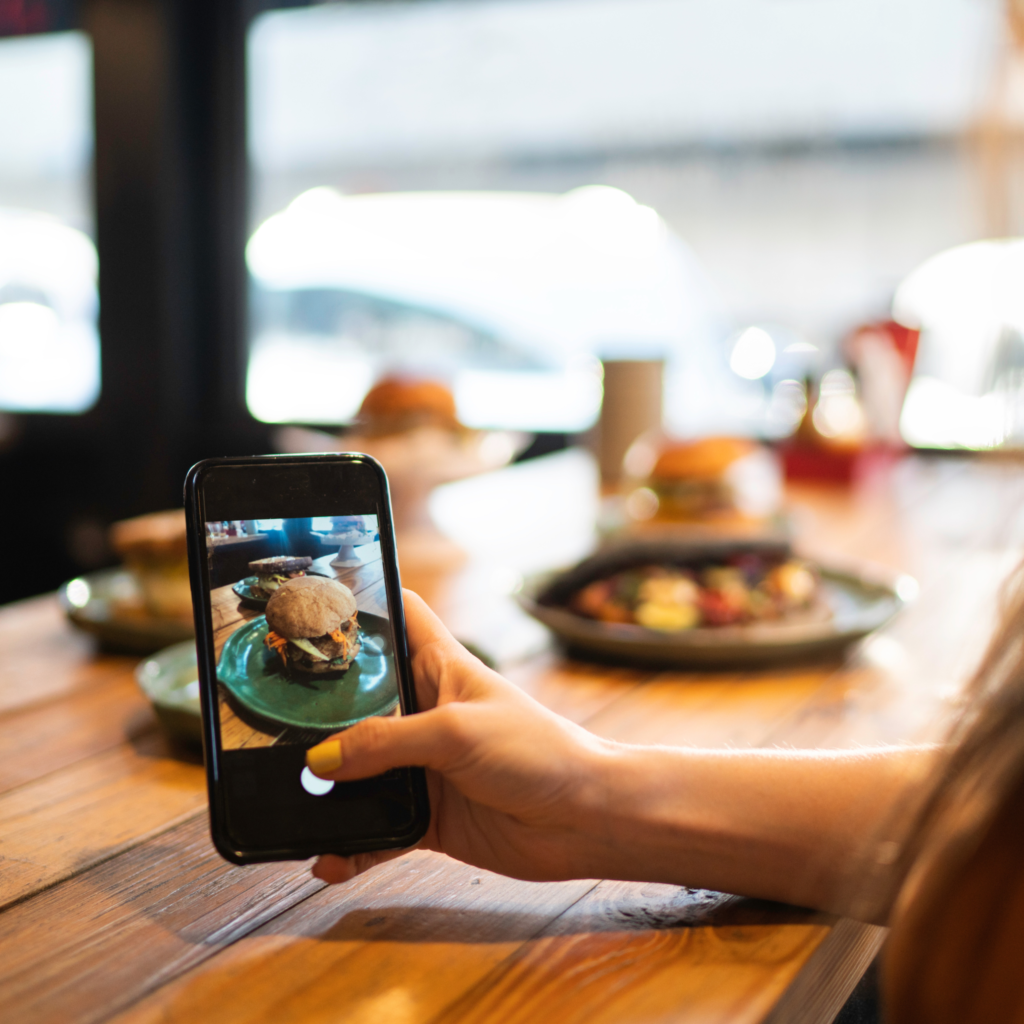In today’s digital age, influencer marketing has emerged as a powerful tool for brands to connect with their audience authentically. Leveraging influencers can significantly boost brand visibility, engagement, and ultimately, conversions. To succeed in this digital landscape, here are some key strategies:
Understanding Your Audience and Goals
- Audience Profiling: Start by defining your target audience. Understand the key demographics, preferences, and behaviors to align with the right influencers who resonate with this group.
- Clear Objectives: Establish specific goals for your influencer marketing campaign—whether it’s increasing brand awareness, driving sales, or fostering engagement. Clear objectives guide your strategy and evaluation metrics.
Authentic Influencer Selection
- Relevance Over Reach: Look beyond follower counts. Prioritize influencers whose values, content, and audience align closely with your brand. A micro-influencer with an engaged audience within your niche might yield better results than a celebrity with millions of followers.
- Authenticity and Credibility: Evaluate an influencer’s authenticity by examining their engagement rates, audience demographics, and past collaborations. Genuine trust and rapport with their audience should be a priority.
Building Strong Partnerships
- Personalized Approach: Treat influencer collaborations as partnerships. Provide creative freedom while aligning their content with your brand’s message. This fosters more authentic and compelling endorsements.
- Clear Communication: Establish transparent communication channels. Clearly define expectations, deliverables, timelines, and compensation to ensure a smooth collaboration.


Compelling Content Creation
- Storytelling and Creativity: Encourage influencers to craft authentic stories around your brand. Captivating storytelling resonates deeply with audiences and helps drive engagement.
- Diversified Content Formats: Experiment with various content formats—videos, blogs, social media takeovers, or live streams—to keep the audience engaged and cater to different preferences.
Measurement and Iteration
- Data-Driven Insights: Track and analyze campaign performance using metrics like engagement rates, click-through rates, conversions, and sentiment analysis. Use these insights to refine future strategies.
- Continuous Optimization: Stay agile and adapt strategies based on campaign performance. Iterate on successful tactics and learn from less successful ones to continually improve your influencer marketing efforts.
Influencer marketing presents immense opportunities for brands to connect authentically with their audience. By strategically partnering with the right influencers, fostering genuine relationships, and consistently delivering compelling content, businesses can maximize the impact of their influencer marketing campaigns and drive tangible results.
“Influencer marketing is not about the size of your campaign, but the strength of your relationships.” – Shane Barker, Digital Marketing Consultant.



